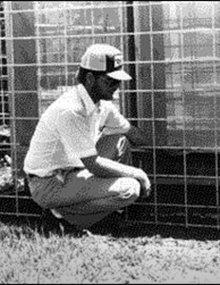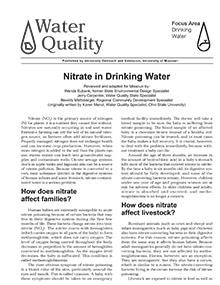

Nitrate in Drinking Water
Reviewed
Nitrate contamination in drinking water poses health risks to infants and livestock, leading to conditions like methemoglobinemia.
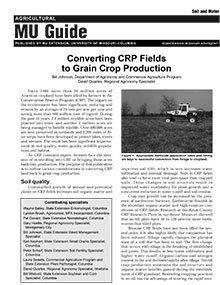
Converting CRP Fields to Grain Crop Production
New
Learn how to transition CRP fields to grain crops while maintaining soil quality, choosing the right crops, and using best management practices.
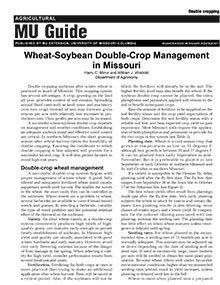
Wheat-Soybean Double Crop Management in Missouri
Revised
A crop, growing on the land all year, provides control of soil erosion. Visit our site to learn about Wheat-Soybean Double Crop Management in Missouri.
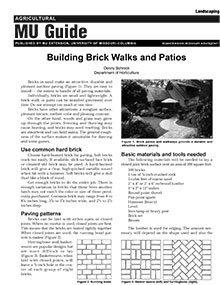
Building Brick Walks and Patios
Reviewed
Bricks in sand make an attractive, durable and pleasant outdoor paving (Figure 1). They are easy to install — the easiest to handle of all paving materials.
Individually, bricks are small and lightweight. A brick walk or patio can be installed piecemeal at leisure. Do not attempt too much at one time.
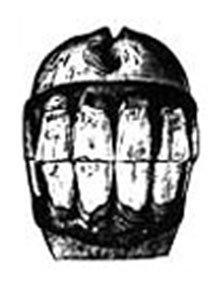
Determining Age of Horses by Their Teeth
Reviewed
The art of determining the age of horses by inspection of teeth is an old one. Visit our website to learn about determining age of horses by their teeth.
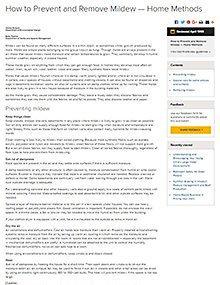
How to Prevent and Remove Mildew — Home Methods
Reviewed
Mildew can negatively affect your health and home. Visit our website today to learn how to how to prevent and remove mildew.
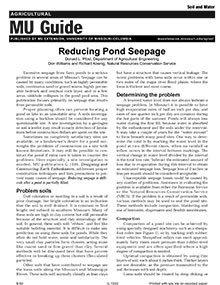
Reducing Pond Seepage
Revised
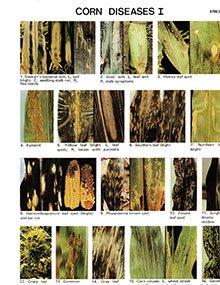
Corn Diseases I
Reviewed
Editor's note
This publication is intended as a downloadable PDF. If reprinting or copying, please complete the permissions form that can be found under guidelines to reprint or copy on the left side of this page. If sharing or posting, please link directly to this page.
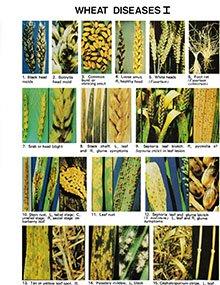
Wheat Diseases I
Reviewed
Editor's note
This publication is intended as a downloadable PDF. If reprinting or copying, please complete the permissions form that can be found under guidelines to reprint or copy on the left side of this page. If sharing or posting, please link directly to this page.
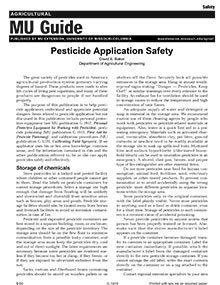
Pesticide Application Safety
Revised
The great variety of pesticides used in America's agricultural production system presents varying degrees of hazard. These products were made to alter life cycles of living pest organisms, and many of these products are dangerous to people if not handled properly.
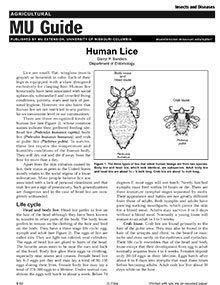
Human Lice
New
This publication provides detailed information on the identification, life cycle, and health implications of head, body, and crab lice.
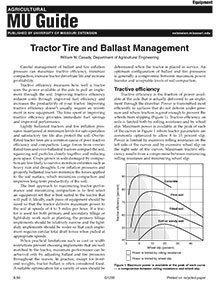
Tractor Tire and Ballast Management
New
Careful management of ballast and tire inflation pressure can maximize tractive efficiency, minimize compaction, increase tractor drivetrain life and increase profitability.
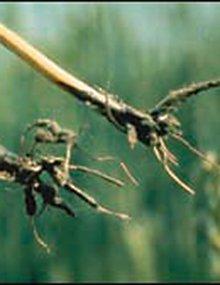
Wheat Take-All
Revised
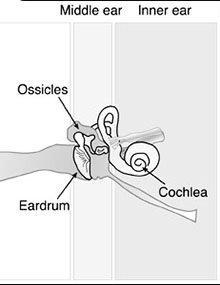
Noise: The Invisible Hazard
Reviewed
Farm workers experience one of the highest rates of hearing loss among all occupations. This is due in part to the many potential sources of loud noise on the farm: tractors, combines, grinders, choppers, shotguns, conveyors, grain dryers, chain saws, etc. Prolonged exposure to excessive noise can cause permanent hearing losses unless noise control measures are taken.
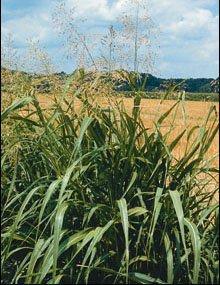
Johnsongrass Control
New
Johnsongrass is a troublesome perennial grass weed that reduces yields in many crops. Visit our website to learn about Johnsongrass control.
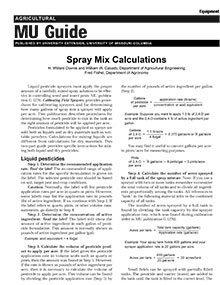
Spray Mix Calculations
Revised
Pesticides are a useful tool to control weeds and pests. Visit our site to view our Spray Mix Calculations for mixing liquid and dry pesticides.
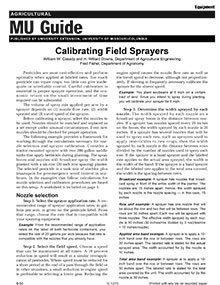
Calibrating Field Sprayers
Revised
Learn the essential steps for calibrating field sprayers to ensure optimal pesticide application, improve efficiency, and avoid crop damage.
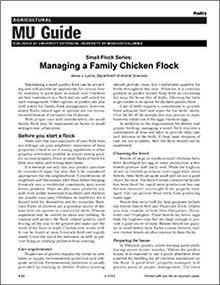
Small Flock Series: Managing a Family Chicken Flock
New
Interested in raising a small flock of chickens for eggs? Get tips on selecting the breed, preparing the house, feeding, watering, disease prevention and more in this University of Missouri Extension guide.
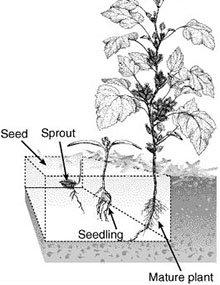
Missouri No-Till Planting Systems
New
Practical insights into implementing no-till farming in Missouri, addressing local challenges and management strategies.
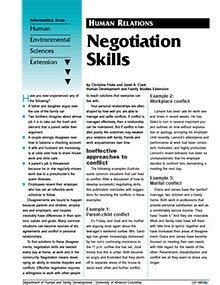
Negotiation Skills
Reviewed
Learn to resolve everyday conflicts at home, work, and in relationships using practical negotiation strategies for mutual understanding.
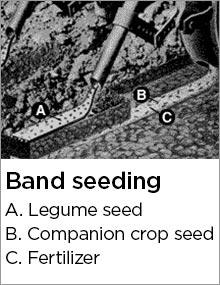
Establishing Forages
Reviewed
Avoid forage seeding failures by using research-proven procedures. Seeding failures are costly, not only in seed and labor cost, but in providing inadequate feed the following year.
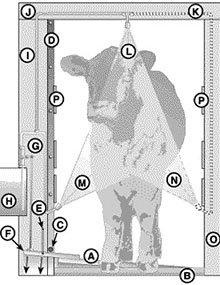
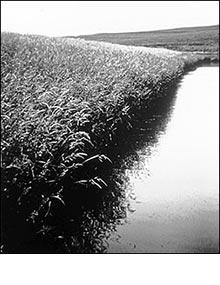
Maintaining Small Dams
Reviewed
Learn how to inspect, maintain, and repair small agricultural dams to prevent erosion, control vegetation, and ensure structural integrity.
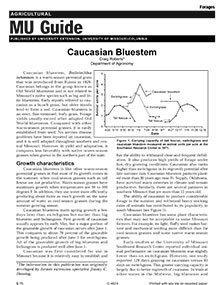
Caucasian Bluestem
Reviewed
Warm-season grass known for drought tolerance, high forage yield, and ease of establishment; less ideal for wildlife than native alternatives.
